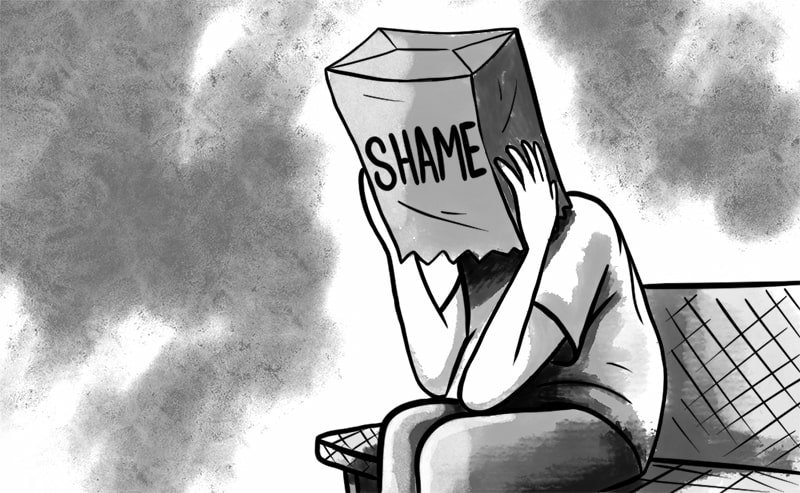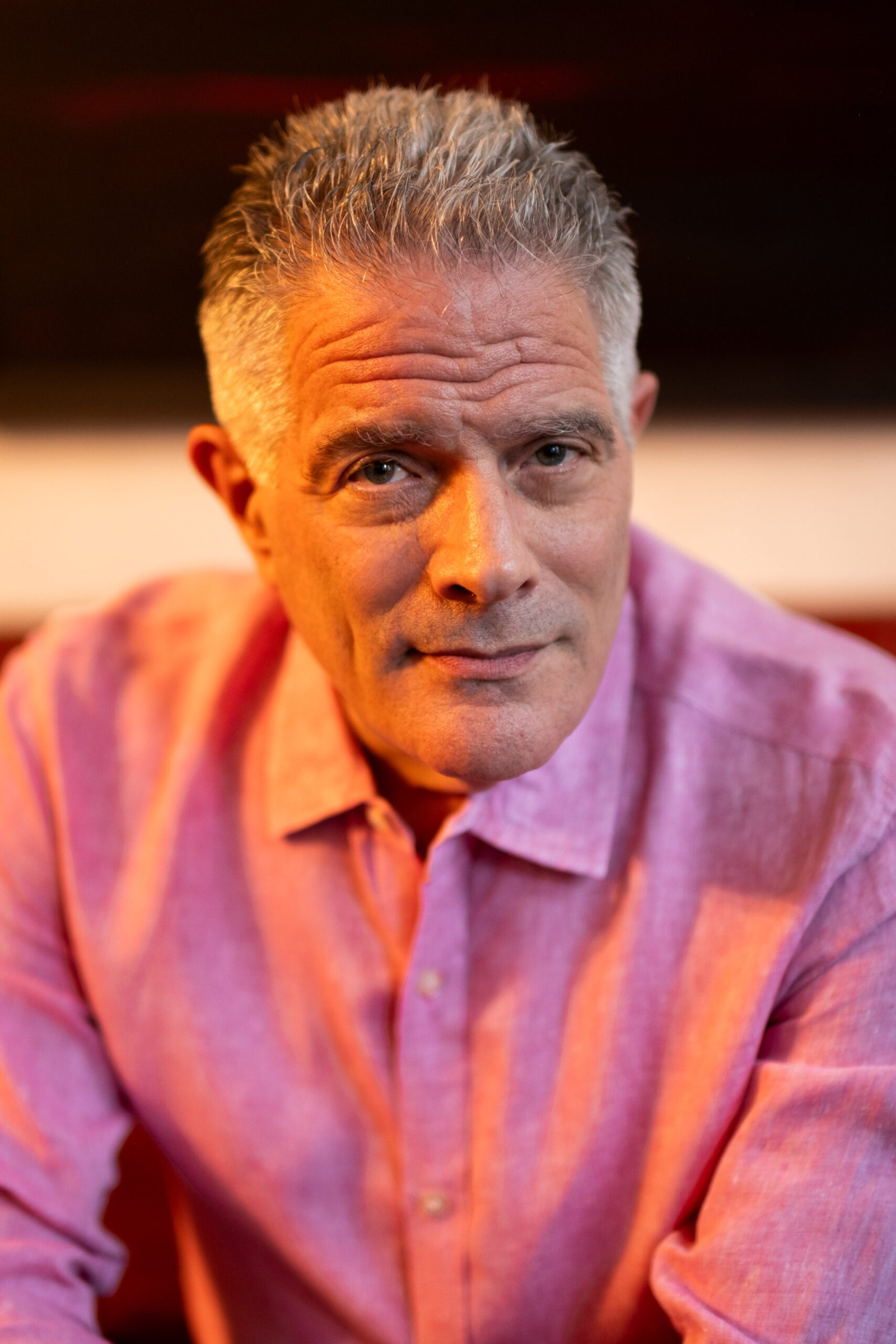We grow up believing careers are ladders. Each step should take us higher. But most lives don’t look like ladders. They twist, stall, or collapse.
When the path veers, the heaviest burden isn’t fear. It’s shame.
Shame whispers: you failed, you’re less, you don’t belong. Unlike guilt, which pushes us to correct a mistake, shame feels inherent — like something rotten inside. A dark, wet blanket that makes you invisible.
I hear this often in the consulting room. One patient avoids drinks with old friends because he would need to “confess” he’s searching for work. Another says it feels safer to sink into the couch with HBO than face his family on Sundays. Another, a self-described « old timer, » describes being “shipwrecked on an unfamiliar island” where showing up at the office is treated as « above and beyond by Gen Z types. » These aren’t simply complaints. They’re the psychic weight of the unchosen path.
And yet many of the forces that propel a career reimagining are utterly beyond our control: technological disruption, the declining loyalty of companies to their people (especially expensive ones), or the developmental shifts that come with age. At 50, what we crave is not what we craved at 30. Beneath the surface, we begin asking about meaning, legacy, and purpose — questions that rarely show up on a résumé but weigh heavily in the psyche.
I remember sitting in global WPP meetings, watching the media agency chiefs claim the front row while the CEOs of ad agencies were pushed to the cheap seats. In my bones, I knew the merry-go-round was slowing. My own path was far from linear: JWT, consulting, a failed startup stint, then—after years of therapy—two degrees and a psychoanalytic practice. At 62, I’d rather be doing something meaningful than clinging to the cliff of “relevance.”
Shame is the silent companion of disruption — harder to name than fear, but heavier to carry. It tells us we are stranded, watching others play the old game as if nothing has changed. Yet once it lifts, the world looks different. What felt impossible suddenly seems possible. That’s the paradox: the unchosen path is not failure. It is the mother of reinvention.
Even old ghosts can transform. A former client — one directly involved in the loss of our beloved Nike account, which at the time felt like a career-ending trauma — wrote to me recently:
“It’s been a long time. We didn’t part well. But I wanted to congratulate you. I made a similar move and now work with troubled teens in London. I love it. Hope you’re happy and healthy.”
We don’t choose every turn. Sometimes the ground simply shifts beneath us. But even the unchosen path can open to renewal.
When has your career taken a turn that felt like a fall? How did you carry the shame — and what did it make possible?

